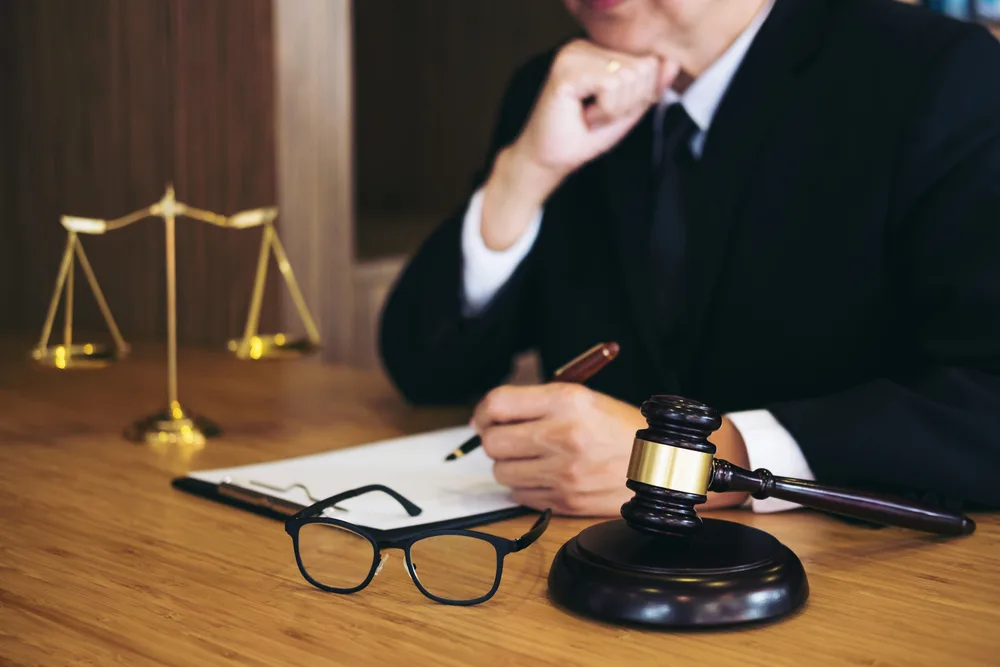A car accident can happen to anyone—just because your car insurance rates you as a safe driver, it doesn’t automatically mean you can’t be involved in an automobile accident.
Remember, you’re not the only vehicle on the road. Accidents can also happen at work, in businesses, and even on personal property. If you’re involved in an accident, chances are you’re planning on contacting an accident attorney.
But do you know what are the key questions for your first personal injury consultation? Before retaining an accident attorney, there are some key questions to ask.
Questions to Ask an Accident Attorney
Your consultation with an accident attorney is scheduled, and you’re ready to discuss the details of your accident. Don’t worry about gathering supporting evidence and collecting medical documentation as you’ll take care of this at a later date.
The consultation is only a brief meeting between you and your potential attorney. In a sense, you’re interviewing the attorney for the position of representing your case. To ensure you’re working with the best accident attorney for your specific case, there are a few questions you should consider asking.
What Steps Should You Take After an Accident?
The attorney should recommend seeking medical attention if you haven’t already contacted a physician. Some injuries may not show signs or symptoms for a few weeks after the accident.
A physician can perform diagnostic tests to determine if this applies to you, which can be downright crucial in determining your eventual settlement amount. If the attorney doesn’t inquire about your injuries, it may be best to seek other legal representation.
How Can I Protect the Integrity of My Accident Case?
Protecting the integrity of your accident case should be a primary concern, which means preserving evidence from the accident scene in the form of pictures and witness statements.
Your consulting attorney should also inform you to avoid making any recorded statements without their presence. Remember, anything you say can be used as evidence against you by the insurance company and the defendant’s attorney.
The attorney should also advise you to refrain from discussing your case with the insurance company, wihich means turning down any settlement offers before discussing it with your attorney. Most insurance companies will try and encourage you to accept a low offer that may not adequately cover all of your damages.
Are There Deadlines Associated with My Personal Injury Case?
If the attorney doesn’t bring up deadlines associated with your personal injury case, this is a great question to bring up.
The statute of limitations for most Florida personal injury cases is two years, but there are exceptions. For example, if the defendant is a government entity, you typically have around six months to file a personal injury claim. The clock on your case starts ticking on the date of the accident.
During the consultation, make sure to ask if there are any exceptions that apply to your personal injury case, as missing the deadlines typically means you can’t file a personal injury claim.
What Documents Will I Need for My Personal Injury Case?
Chances are, the attorney will tell you to save every scrap of paper relating to the accident. In other words, for a while, you’ll need to turn into a pack rat—don’t throw anything away, as you may need it down the line to support your personal injury claim. This can include, but is not limited to, medical records, police accident reports, pay stubs, and financial statements.
If you’re also claiming property damage, save copies of the estimated repair or replacement costs. If you are paying off some of the expenses relating to the accident, save all of your receipts. Without the necessary documentation, proving your claim’ll be more difficult.
What is the Timeline for My Case?
Attorneys typically can’t answer this question; they can give you estimated timelines, but there are a lot of mitigating circumstances. For example, it can take a while for the insurance adjuster to respond to your attorney’s phone calls. Most accident reports take about one week before it’s ready for you to pick up.
If your case ends up going to trial, this will extend the timeline. The attorney should cover all of this and more when discussing your personal injury case.
Will The Attorney Stay In Contact with You?
Some attorneys will only reach out to their clients if they need something for the case or have a potentially acceptable settlement offer. While there’s nothing wrong with this, most people prefer a little more contact with their accident attorney.
Finding out if the attorney will stay in contact, at least touching base with you once a week, can make the difference between being the right or wrong lawyer for your case. You also want to find out how the attorney will stay in touch—will it be by phone call, text, or email?
What Damages Can I Recover From My Accident?
This is an important question to ask during the consultation. Knowing what damages you can potentially recover will prevent any unpleasant surprises after resolving your case. For example, if you’re planning on recovering lost wages, you’ll want to know before you start planning your future finances.
Remember, every accident case is unique, so don’t rely on your research, as what one person can recover may not apply to your injury case.
Can I Recover Future Medical Expenses?
This question should only come up if your injuries require long-term care, and if this applies to you, the answer from the attorney is most likely ‘yes’. The attorney will instruct you to save all medical records relating to your care since these documents are necessary to prove your claim.
What Happens If My Case Goes to Trial?
Your attorney will try to reach an acceptable settlement before taking your case to trial. If you end up in court, the attorney will outline the process.
Your Consultation Will Help You Choose The Right Accident Attorney
Maximizing the benefits of your consultation hinges on asking the right questions. Take your time during the consultation and pay close attention to the attorney’s responses since this approach is key to ensuring that you choose the most suitable attorney for your personal injury case.
By being thorough and attentive, you can make an informed decision about your legal representation.






